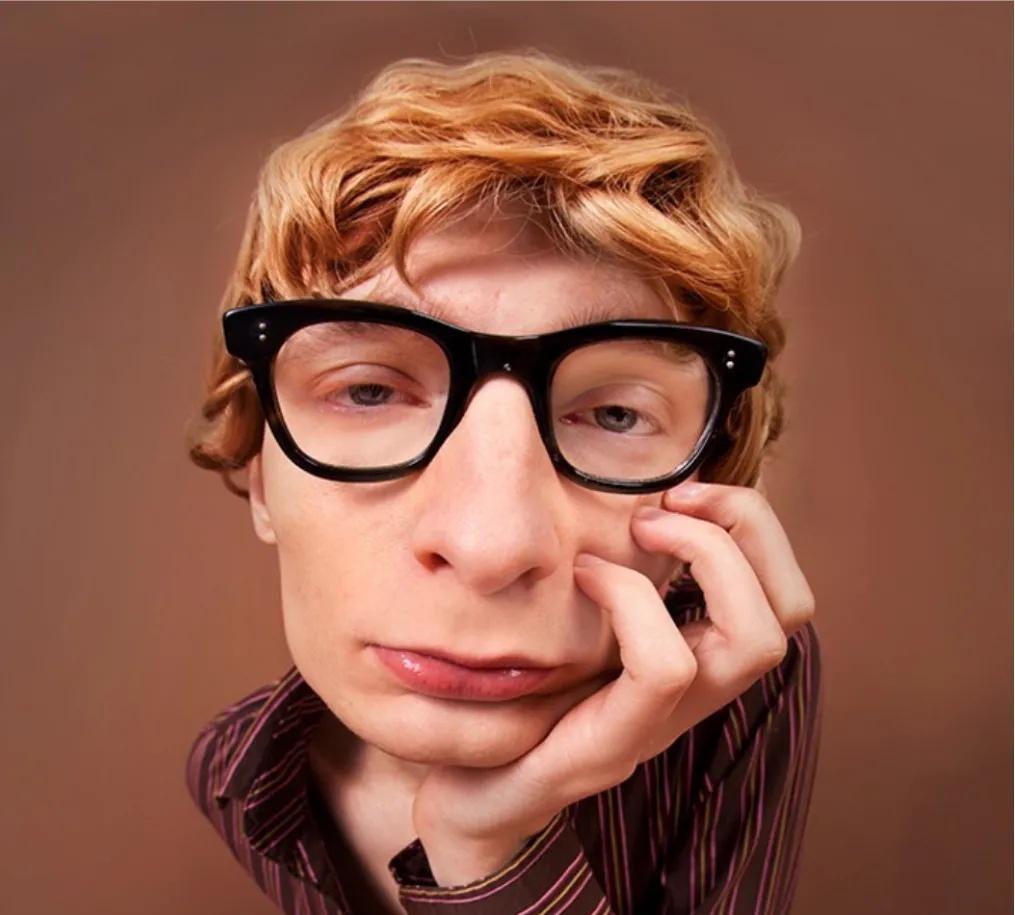There are many explicit indicators to assess the impact of COVID-19 on the economy.
In the United States, the pandemic has severely affected the labor market, with unemployment reaching 6.3 percent in January, almost double what it was a year ago.
At the same time, restrictions on economic activity have led Americans to spend less and push the savings rate to alarming heights.
And as people flee to larger, less populated places, housing prices in those areas soar.
However, there are also some hidden indicators that deserve attention.
Sydndy Ember, author of this issue, believes that another impact of the pandemic on the economy is to make people bored. The article is from The Boredom Economy, The New York Times.

Because social, leisure and travel activities are restricted, the pandemic has forced many people to live quieter lives.
The result is a collective sense of burnout that affects our behavior and purchasing power, and even productivity.
Experts say the economic impact of boredom has not been adequately studied, but many see it as an important issue: The way people spend money reflects their emotional state.
That said, the Consumer Confidence Index is an economic indicator that measures to some extent how optimistic people are about the future.
Now the boredom index has also become a relevant indicator that may help predict market volatility.
Rarely, when people are restricted to most of their freedom of movement, boredom suddenly becomes a proper sense of life.
According to government data, nearly a quarter of those employed in January worked remotely from home.
According to an analysis by SafeGraph, people's entertainment in places such as movie theaters, restaurants and museums has seen a drop in foot traffic by more than 50 percent.
Of course, the author mentions that during the pandemic, there are many people who are busier than ever. Examples include health workers, retail store employees and parents who care for their children.
Boredom, in a sense, has become a luxury.
Among them, single people living alone are the group with the most right to speak in the boring economy.
Recently, the most vivid example of the impact of boredom on the economy occurred late last month, when many amateur traders on the Reddit forum bought Gamestop's stock in a big way.
GameStop, an online gaming retailer designed for gamers, pushed its stock price up to unimaginable highs before falling back to Earth.
Part of their motivation is to bet on hedge funds that bet GameStop will fall, and partly motivation is boredom.
Invest that money, at least a little profit, or at least make life a little fun.
On Thursday, the House Financial Services Committee held a hearing on the GameStop incident, focusing on market volatility and stock trading.
More and more people are finding that the phenomenon of amateur traders entering the open markets has become more frequent during the pandemic because people have a lot of time.
At the same time, boredom not only makes people want to find something to do, but also increases the urge to take risks, pursue curiosity and rewards.
Investing in stocks is not only a feeling-appealing behavior, fueled by risk-taking tendencies and rewards, but it also makes sense: for many traders, it's a form of protest.
As a response to boredom, investing has also sparked a boom in amateur short-term trading on a broader scale.
Online brokers such as E-Trade, Charles Schwab and Robinhood have seen a surge in the number of new accounts.
There are many more modest ways than investing, such as the frenzy of bread prompting stores across the United States to sell out yeast; the sales of puzzle games have skyrocketed; and gardening has become a popular hobby.
In the fiscal year ending September, sales at a closed gardening company rose more than 30 percent to a record $4.13 billion and contributed to the company's first Super Bowl ad.
Home improvement is also booming. According to the NPD Group, 81 percent of consumers in the U.S. had purchased home décor products in the six months to November.
Many renovation companies recorded sales in the fourth quarter of last year and this year, in part due to strong performance in the DIY and residential repainting businesses. There are also soaring sales of video games and alcohol to pass the time.
Therefore, the epidemic of boredom may change the direction of the economy.
It forces people to think differently and may make people and businesses more creative.
Even if the outbreak ends, this impact will not disappear. Consumer demands for the sense of experience brought about by new products will increase significantly.
Companies need to be able to seize consumers' time and attention in order to succeed in the new competition, shifting from a product and service economy to an experience economy model.
When people get used to the DIY experience, companies should no longer focus solely on competing in products and services. They must create meaningful experiences for their customers.
This may be the only way for businesses to compete and survive in the experience economy brought about by boredom.